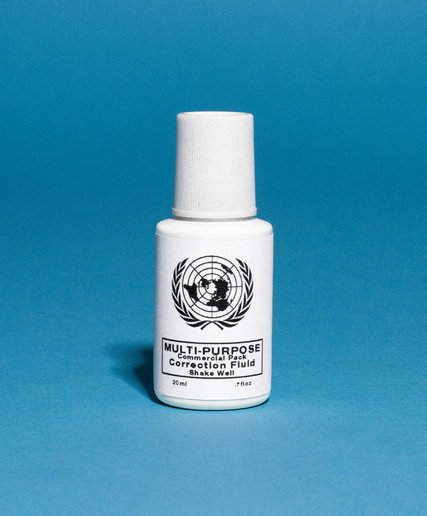It is distressing, but not surprising, that the United Nations secretary general, Ban Ki-moon, succumbed to pressure from Saudi Arabia to erase a Saudi-led military coalition in Yemen from a list of armies that kill and maim children. What is surprising is that Mr. Ban made the incident public and declared that the sort of pressure he came under was unacceptable.
He was right to do so: Saudi Arabia stands doubly named and shamed — for supporting a coalition that contributed to most of the deaths and injuries to children in Yemen last year and for leaning on Mr. Ban by threatening to withhold financing from humanitarian operations in the Palestinianterritories, South Sudan and Syria.
For many people, the affair will not come as a shock. The United Nations has developed an unenviable reputation over the years for hypocrisy in its approach to human rights. The United Nations Human Rights Council is famous for the human-rights violators who have figured among its rotating membership, which currently includes Saudi Arabia.
As for Saudi Arabia’s threat to withdraw financial support, the United States, while not making threats on this scale, has itself refused to pay its dues, both to achieve policy objectives and to reform a bureaucracy that Congress has long regarded as bloated.
Dag Hammarskjöld, the second United Nations secretary general, once declared that the organization “was created not to lead mankind to heaven, but in order to save humanity from hell,” and that is especially true today for the grouping of 193 nations, ranging from geographic specks like Nauru to giants like China and great powers like the United States. A clash of agendas, perspectives and contributions is inevitable, with richer countries trying to use their wealth to get their way and poorer countries using their greater numbers to get theirs.
But for all its inefficiency, the United Nations provides a unique venue for nations to mingle and meet and, through its many agencies, one of the most effective global means of gathering and distributing development and medical aid, helping children around the world, protecting world heritage sites, supplying peacekeepers to separate warring armies and doing myriad other global missions. As the cliché has it, if there were no United Nations you’d have to invent it.
So to accuse Mr. Ban of caving in to Saudi intimidation, as some human rights organizations have done, is not fair. A South Korean who as a child studied from books provided by Unicef, he would have far preferred to name and shame those who harm children. But the complexity and competing interests of the organization he leads do not allow for moral absolutism. The loss of Saudi Arabian financing for humanitarian operations in the Palestinian territories, South Sudan and Syria would, Mr. Ban said, have caused millions of children to “suffer grievously.”
Which is another way of saying he had no real choice. The pity is that Saudi Arabia put him in such a terrible position.


